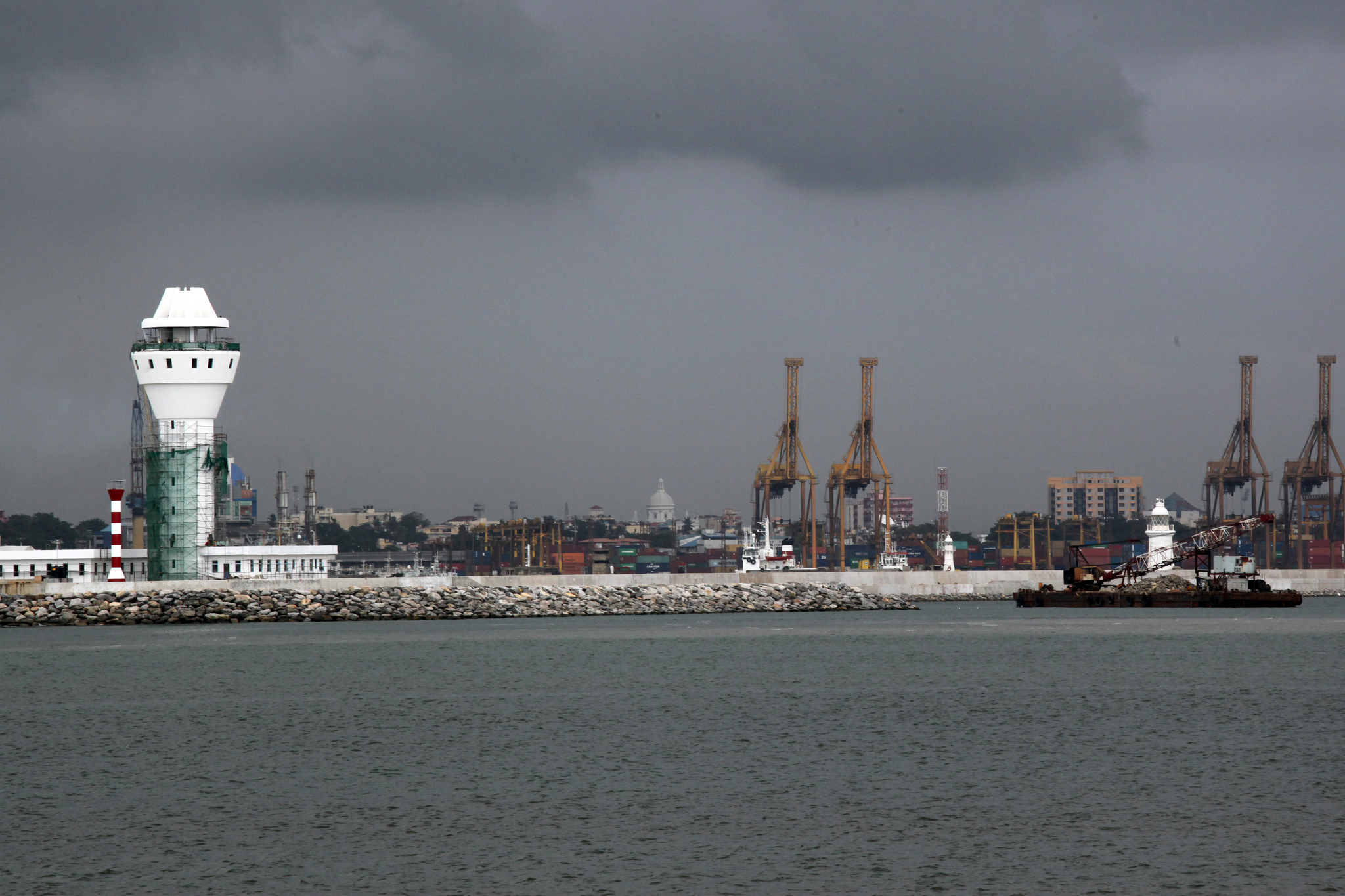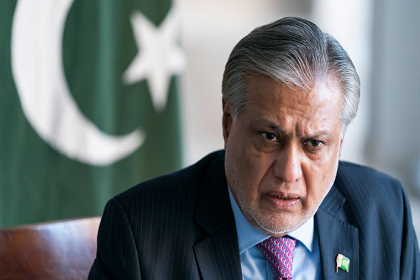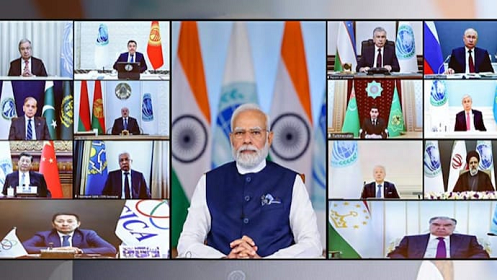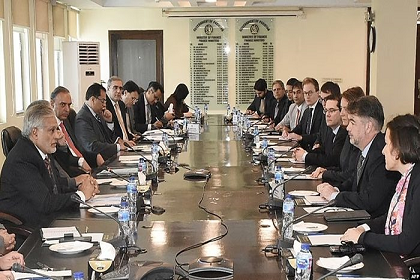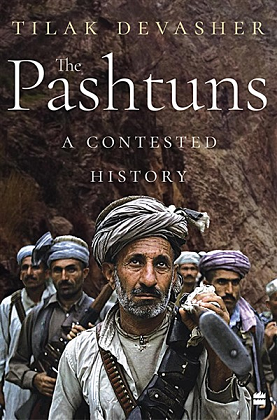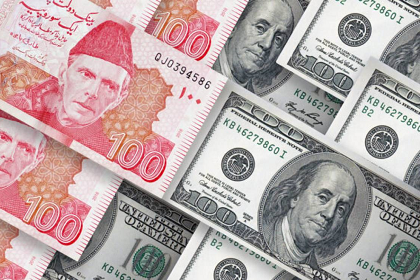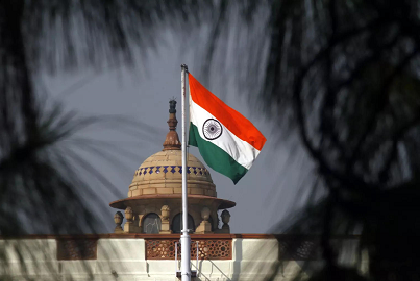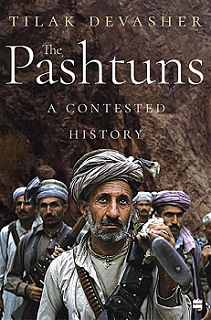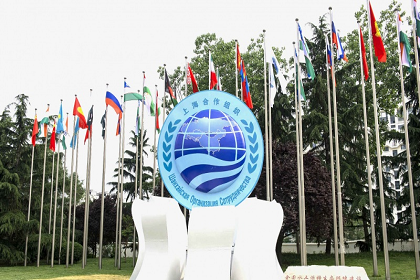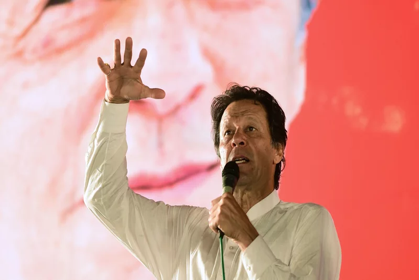India-Sri Lanka: Connecting grids
India and Sri Lanka recently signed six energy agreements, including plans for an oil pipeline from India to Sri Lanka, electricity grid connectivity, and cooperation in renewable energy. Sri Lanka can benefit from India's cost-effective oil sourcing and processing and pay for it in rupees, easing its balance of payments crisis. Its wider use of the Rupee fulfills a long term objective for Indian policymakers.

